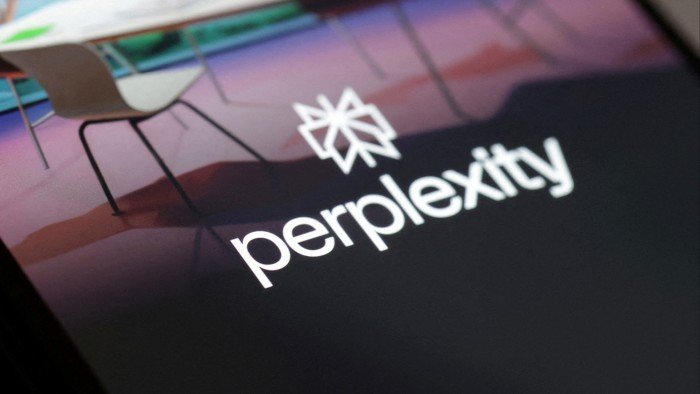Unlock the Editor’s Digest for free
Roula Khalaf, Editor of the FT, selects her favourite stories in this weekly newsletter.
Two of Japan’s largest media groups are suing artificial intelligence search engine Perplexity over alleged copyright infringement, joining a growing list of news publishers taking legal action against AI companies using their content.
Japanese media group Nikkei, which owns the Financial Times, and the Asahi Shimbun newspaper said in statements on Tuesday that they had jointly filed a lawsuit in Tokyo.
The groups join a number of Western media companies taking legal action against Perplexity, which provides answers to questions with sources and citations, using large language models (LLMs) from platforms such as OpenAI and Anthropic.
The Japanese news providers claim Perplexity has, without permission, “copied and stored article content from the servers of Nikkei and Asahi” and ignored a “technical measure” designed to prevent this from happening.
They claim that Perplexity’s answers have given incorrect information attributed to the newspapers’ articles, which “severely damages the credibility of newspaper companies”.
Nikkei and the Asahi are asking for damages of ¥2.2bn ($15mn) each and that Perplexity delete the stored articles.
“Perplexity’s actions amount to large-scale, ongoing ‘free riding’ on article content that journalists from both companies have spent immense time and effort to research and write, while Perplexity pays no compensation,” said Nikkei in its statement.
“If left unchecked, this situation could undermine the foundation of journalism, which is committed to conveying facts accurately,” the two companies added.
Perplexity did not immediately respond to a request for comment.
The lawsuits follow a similar move by another large Japanese newspaper, the Yomiuri, and signal that publishers in the country are starting to push back against AI groups, said lawyers.
“These are test cases,” said Kensaku Fukui, an expert in copyright law at law firm Kotto Dori in Tokyo.
Fukui said that while Japan’s “copyright law is in some ways permissive for AI training for existing copyrighted works . . . there are some restrictions”.
Rupert Murdoch’s Dow Jones and the New York Post have claimed that Perplexity is diverting customers and revenues away from news publishers by using their content to answer questions on its platform via its chatbot, rather than paying or directing readers to their websites.
The BBC this summer also demanded that Perplexity stop using its content to train its AI model in a “cease and desist” letter, similar to those sent previously by other outlets, including the New York Times and Condé Nast.
Perplexity has introduced revenue-sharing agreements with publishers including Time, Fortune and Der Spiegel, which will pay out when an answer references their work, reflecting a shift in how AI start-ups are increasingly seeking commercial partnerships and licensing agreements with publishers.
Perplexity has more than 30mn users, with the majority based in the US. Its primary source of revenue is from subscriptions.

